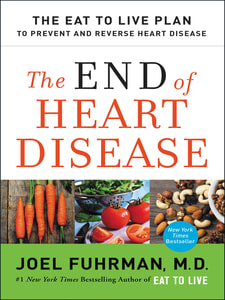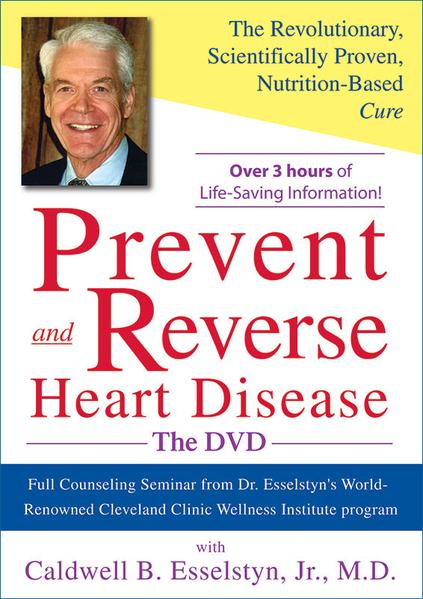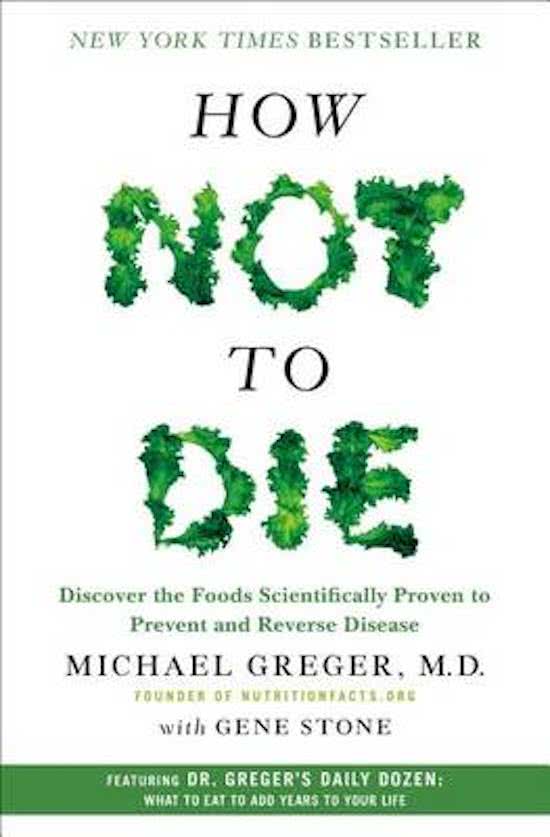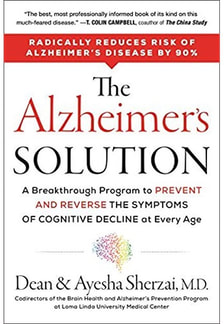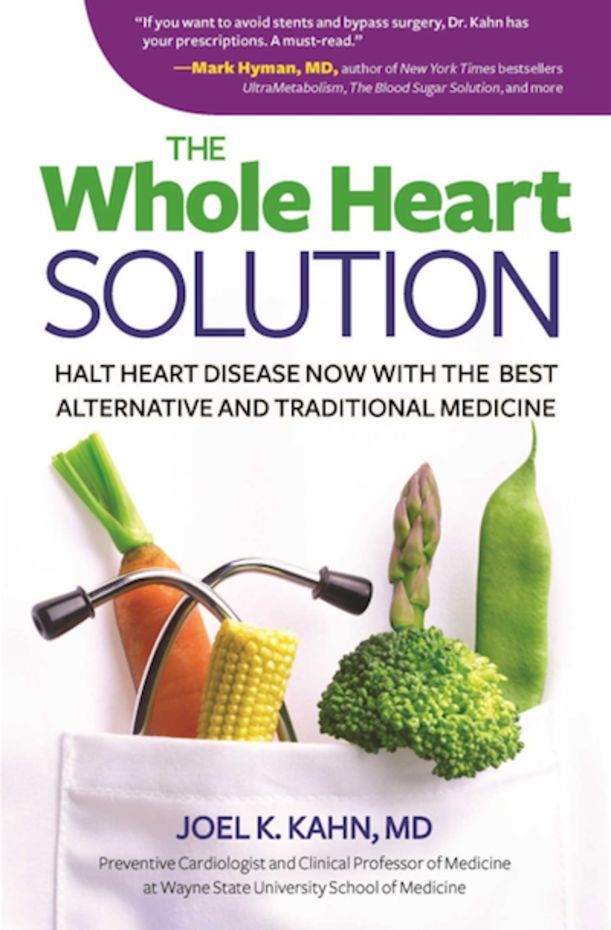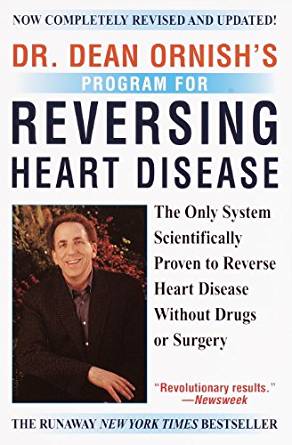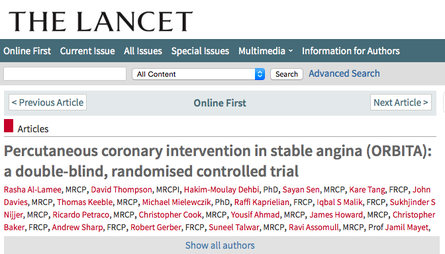
- Modern medicine has a long history of promoting procedures that make money for doctors, hospitals and large corporations before there is good science showing that they really are beneficial for patients, and/or that the benefits outweigh the risks. A few past examples of this are:
- Routine tonsillectomies
- Treating prostate cancer in older men who have no symptoms
- Aggressive treatment of DCIS in women
- Most conventional treatment of Coronary Artery Disease
A new study, just published in the Lancet gives us more evidence for #4. This Nov 2, 2017 study examined a procedure, inserting stents to relieve stable angina, that has been a standard of care for coronary patients, and found little benefit. Stents are widely done, very expensive, and can have negative consequences that patients aren't made aware of. For
example, after my father was given a stent many years ago. He later told me that he never would have agreed to the procedure had he realized, that having a stent would require him to take powerful drugs (to keep the stent open) that had horrific side effects.
The Lancet study looking at the use of stents to treat stable angina found no evidence that stents relieve pain -- which is the only justification for their use in many cases. While some cardiologists may argue that this study contradicts their own clinical experience -- that stents reduce pain, we must remember that observed pain reduction could be due to the placebo effect -- which is the reason to conduct placebo controlled studies -- which is what this one was.
The really unfortunate part of all this, is that we do have good science showing that when it comes to coronary artery disease -- almost all of what is commonly done by doctors and hospitals not only has absolutely no impact on addressing the underlying causes of this number one killer of Americans, but that the treatments themselves actually have many harms, negatively impacting quality of life those who they are used on, while increasing the
The Lancet study looking at the use of stents to treat stable angina found no evidence that stents relieve pain -- which is the only justification for their use in many cases. While some cardiologists may argue that this study contradicts their own clinical experience -- that stents reduce pain, we must remember that observed pain reduction could be due to the placebo effect -- which is the reason to conduct placebo controlled studies -- which is what this one was.
The really unfortunate part of all this, is that we do have good science showing that when it comes to coronary artery disease -- almost all of what is commonly done by doctors and hospitals not only has absolutely no impact on addressing the underlying causes of this number one killer of Americans, but that the treatments themselves actually have many harms, negatively impacting quality of life those who they are used on, while increasing the
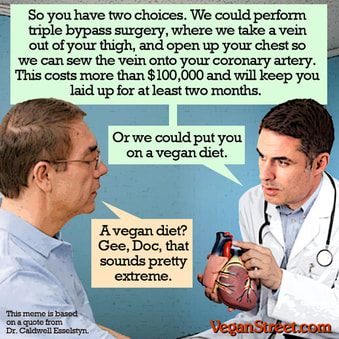
cost of health care and insurance for all of us. At the same time, the majority of patients are never even informed that the science also shows that most cases of this disease can be halted and even reversed very inexpensively and without side effects by eliminating meat, fish, dairy, eggs and all oils, and replacing them with a diet based upon whole, unprocessed plant foods emphasizing vegetables and beans with small amounts of raw nuts and seeds. Some doctors argue that their patients would never agree to making significant dietary change, and this is their justification for not presenting the option of a whole food plant based diet to them -- but I believe doctors have a responsibility to at least give people the facts and let them choose if dietary change is something they'd like to try. Unfortunately, I still meet many cardiologists who are not even aware of the science showing arrest and reversal of coronary artery disease using this approach.
If you want to learn more about the science showing arrest and reversal of cardiovascular disease here are a few books to get you started:
If you want to learn more about the science showing arrest and reversal of cardiovascular disease here are a few books to get you started:
